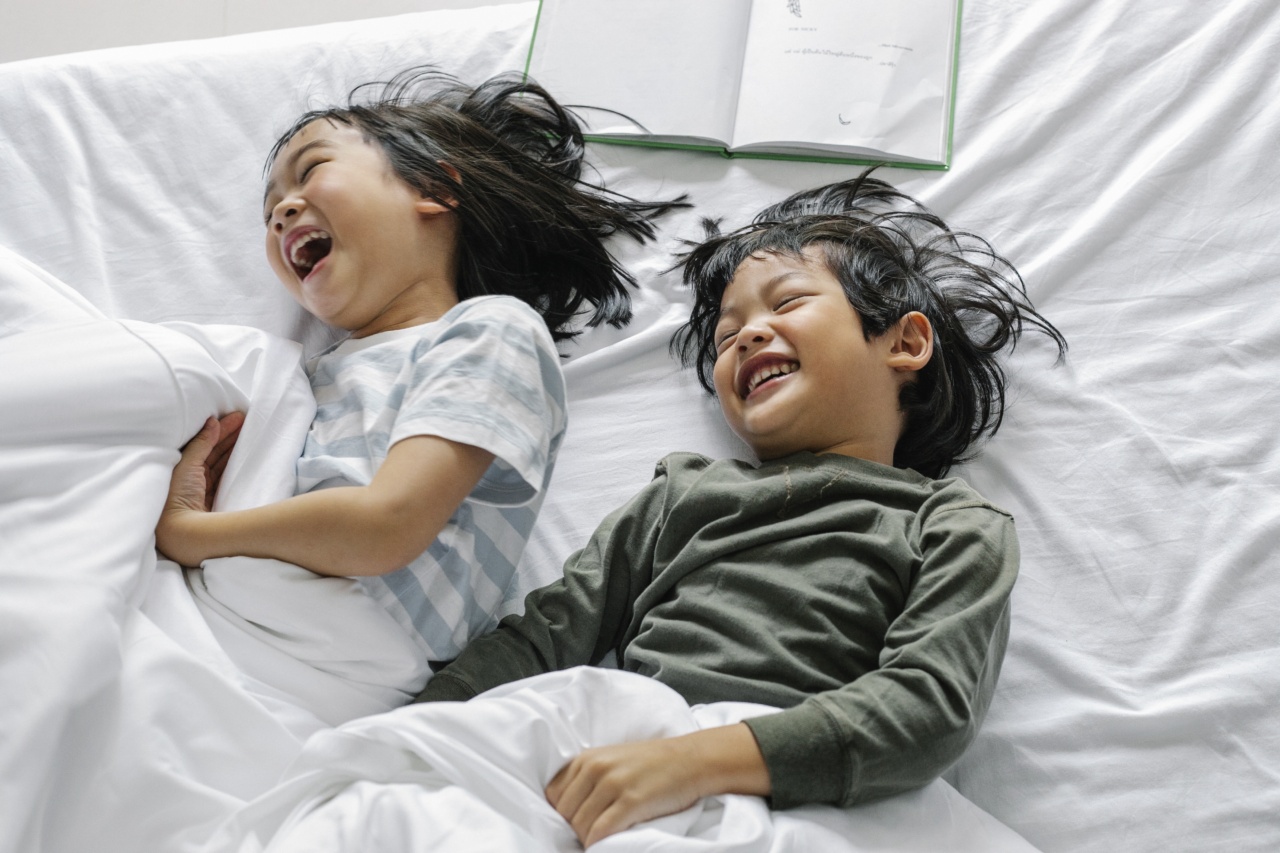Sleep apnea is a sleep disorder that affects both adults and children. It is a serious condition that requires medical attention.
If you suspect that your child might have sleep apnea, it is important to know the signs and symptoms and seek proper diagnosis and treatment.
What is sleep apnea?
Sleep apnea is a condition where the airway becomes partially or completely blocked during sleep, causing interruptions in breathing. These interruptions can last for several seconds and can occur multiple times throughout the night.
As a result, the individual’s sleep quality is compromised, leading to daytime sleepiness and other health issues.
What are the different types of sleep apnea?
There are three types of sleep apnea:.
- Obstructive sleep apnea (OSA) – This is the most common type of sleep apnea, where the airway is blocked due to relaxed throat muscles or excess tissue in the throat.
- Central sleep apnea (CSA) – This type of sleep apnea is less common and occurs when the brain fails to send signals to the muscles that control breathing.
- Complex sleep apnea syndrome (CSAS) – Also known as treatment-emergent central sleep apnea, this type is a combination of obstructive and central sleep apnea.
What are the signs and symptoms of sleep apnea in children?
The signs and symptoms of sleep apnea in children can vary depending on the severity of the condition. Some common signs and symptoms include:.
- Loud snoring
- Pauses in breathing during sleep
- Restless sleep
- Night sweats
- Bedwetting
- Daytime sleepiness
- Hyperactivity
- Difficulty concentrating or paying attention
- Irritability
- Mouth breathing
- Headaches in the morning
What are the risk factors for sleep apnea in children?
Some common risk factors for sleep apnea in children include:.
- Obesity
- Enlarged tonsils or adenoids
- Family history of sleep apnea
- Premature birth
- Neuromuscular disorders
- Allergies or sinus problems
- Asthma
- Exposure to second-hand smoke
How is sleep apnea diagnosed in children?
If you suspect that your child might have sleep apnea, it is important to talk to your pediatrician. Your pediatrician might refer your child to a sleep specialist for further evaluation.
The sleep specialist might recommend a sleep study, also known as a polysomnogram.
The sleep study involves monitoring your child’s breathing, heart rate, oxygen levels, and brain activity during sleep. The results of the sleep study can help diagnose sleep apnea and its severity.
What are the treatment options for sleep apnea in children?
The treatment for sleep apnea in children depends on the severity of the condition and its underlying causes. Some common treatment options include:.
- Removal of the tonsils and adenoids
- Weight loss (if obesity is a contributing factor)
- Continuous positive airway pressure (CPAP) therapy
- Oral appliances
- Surgery to correct any anatomical abnormalities
What are the possible complications of untreated sleep apnea in children?
If left untreated, sleep apnea in children can lead to serious complications, including:.
- Behavioral problems
- Delayed growth and development
- Cardiovascular problems
- High blood pressure
- Type 2 diabetes
- Obesity
When should I see a doctor?
If you suspect that your child might have sleep apnea, it is important to talk to your pediatrician. Early diagnosis and treatment can prevent serious complications and improve your child’s quality of life.
Conclusion
Sleep apnea is a serious condition that affects both adults and children. If you suspect that your child might have sleep apnea, it is important to know the signs and symptoms and seek proper diagnosis and treatment.
Talk to your pediatrician if you have any concerns about your child’s sleep.




























